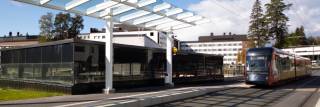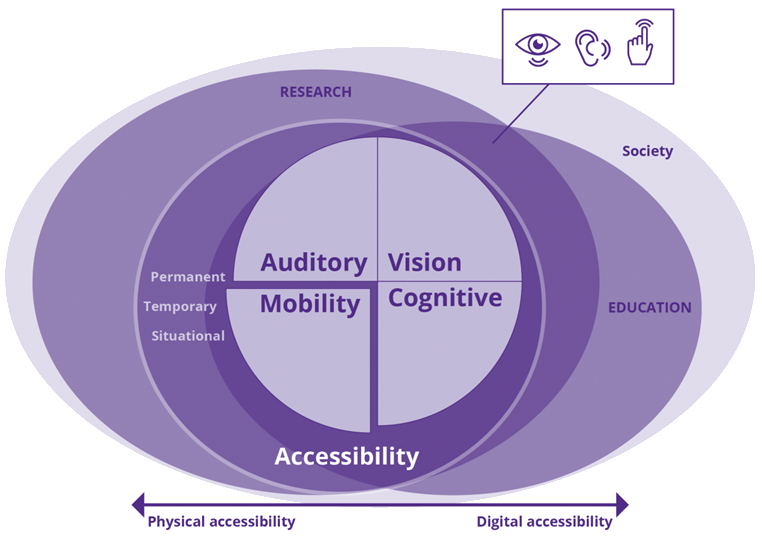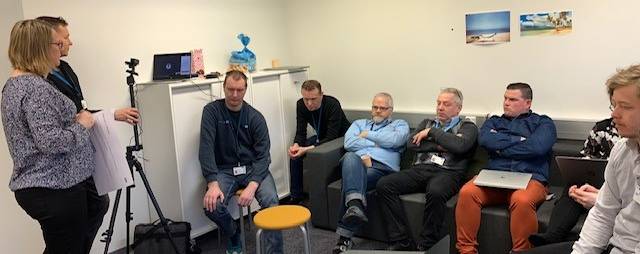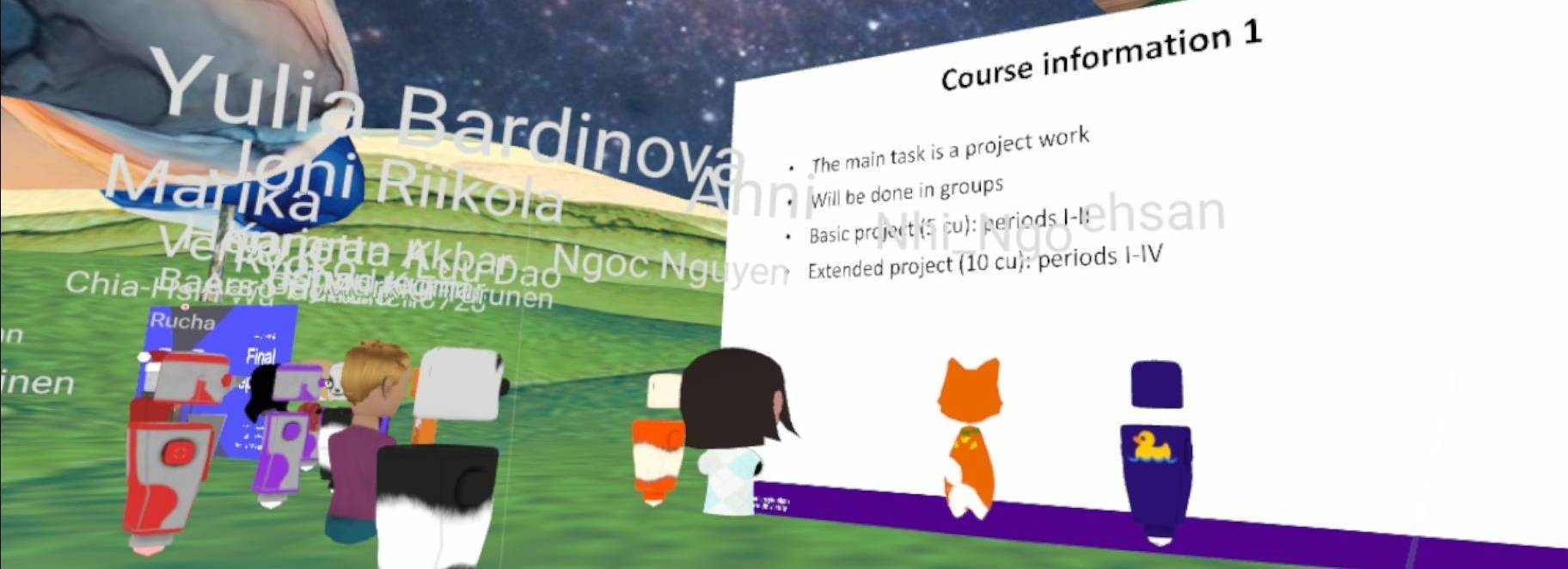The city of Tampere is undergoing a major transformation from vehicle-dominated to rail-dominated transportation supported by trams and local trains, and Tampere University is one of the local key stakeholders in the development. PIRG is supporting the transformation through research-based evidence on, e.g., mobility, materials, and open service development, as well as open test environments. The main goal is to offer local, national, and international companies access to innovative co-creation processes and testing environments through Testing as a Service (TaaS) approach.
Mobility and accessibility requirements should be considered by planning and designing barrier-free transport systems for all. The key is understanding the circumstances that create barriers for people. Therefore, with TaaS approach, we can ensure usability, accessibility, effectiveness, and safety of public services in the Tampere area, and further expand it to other cities.





